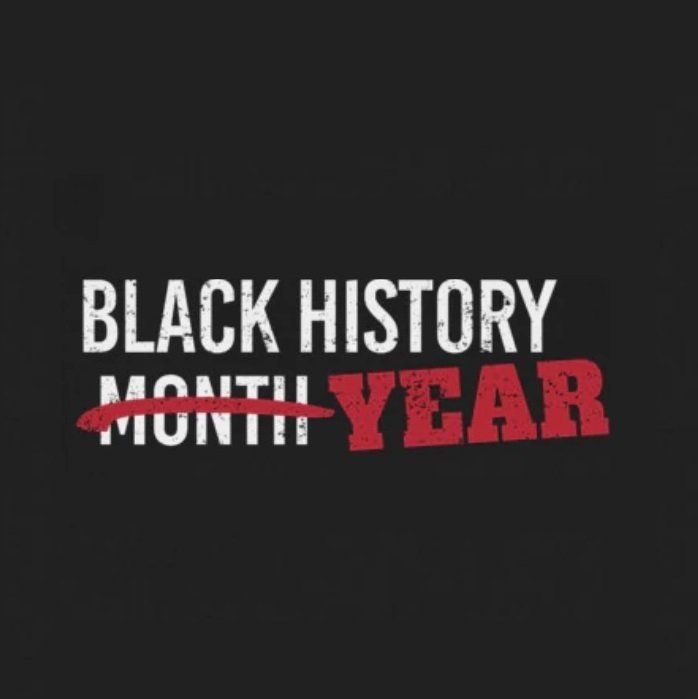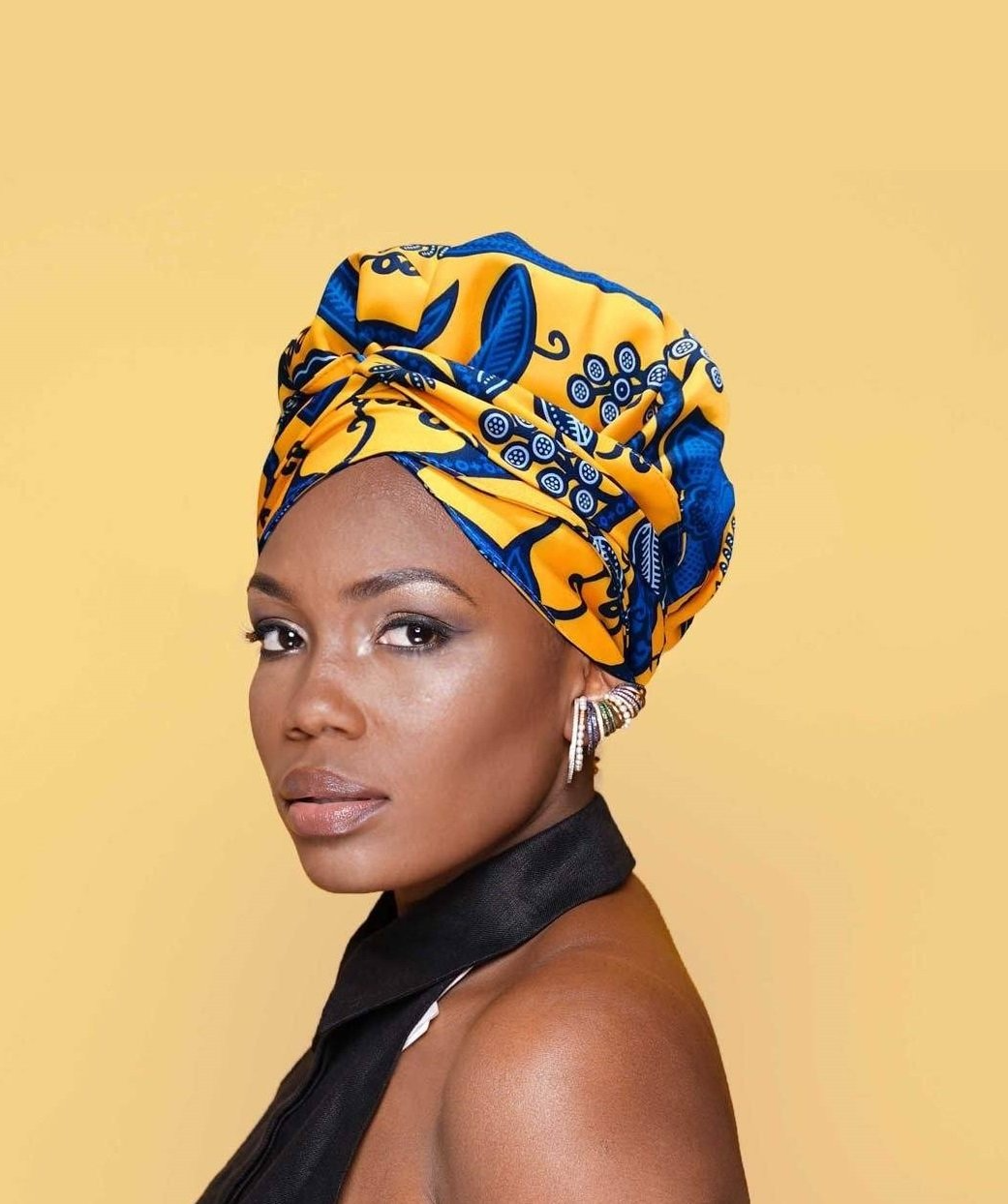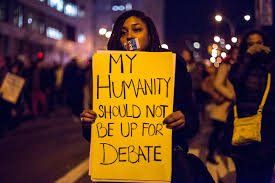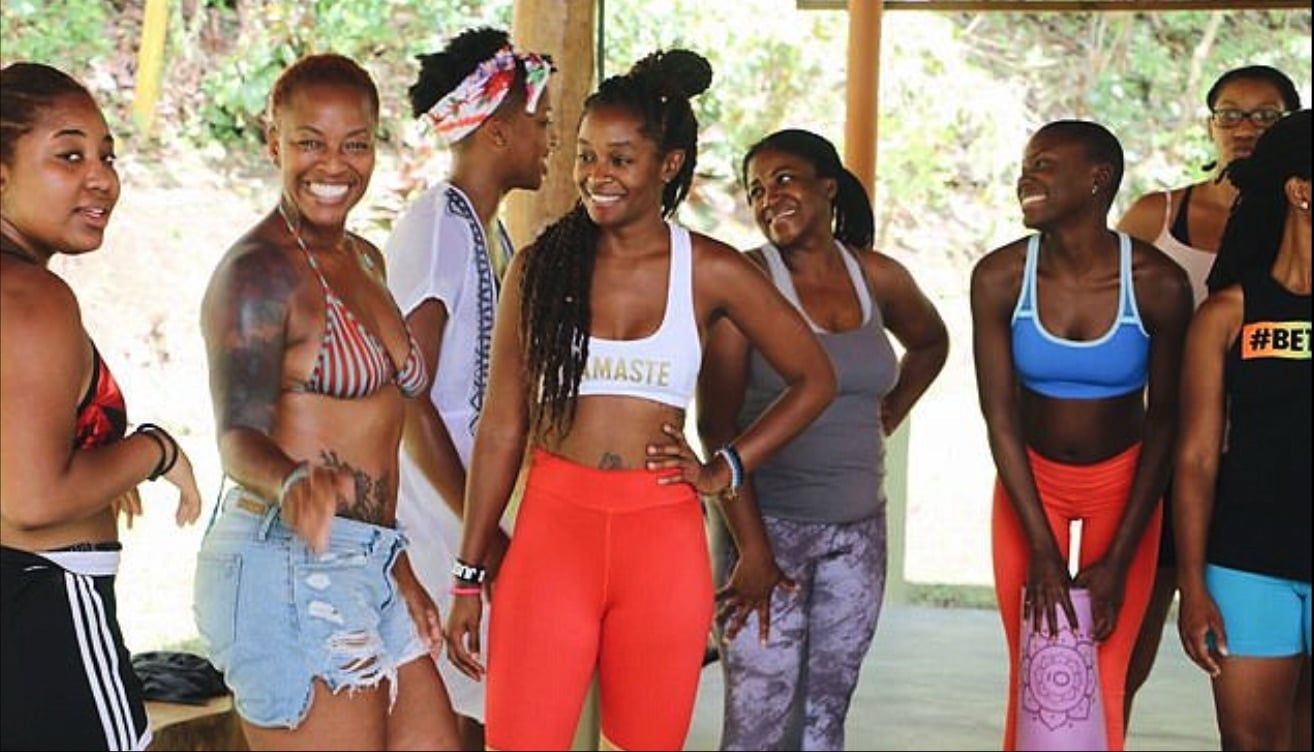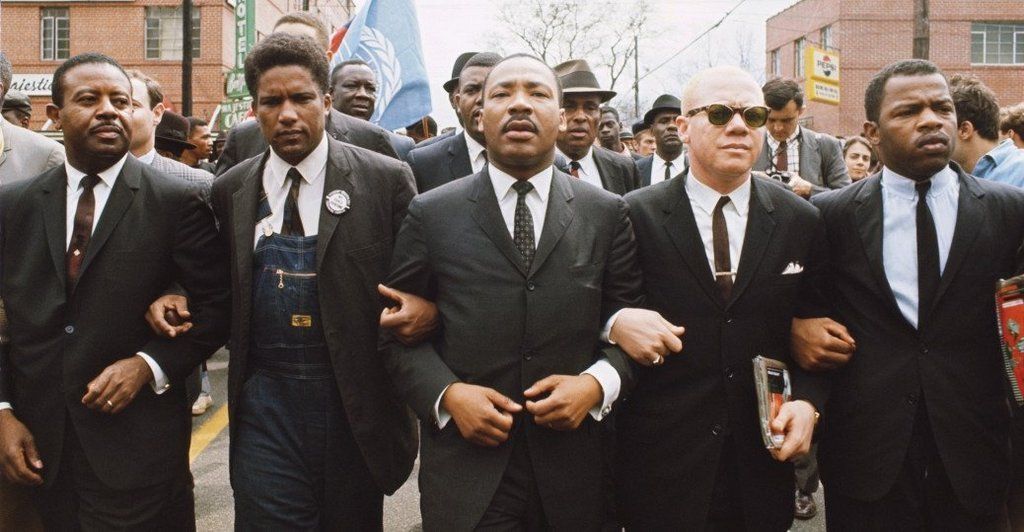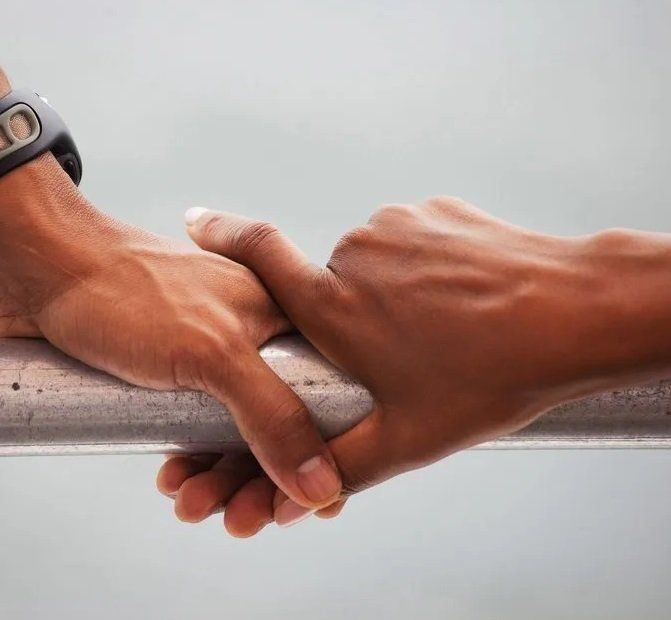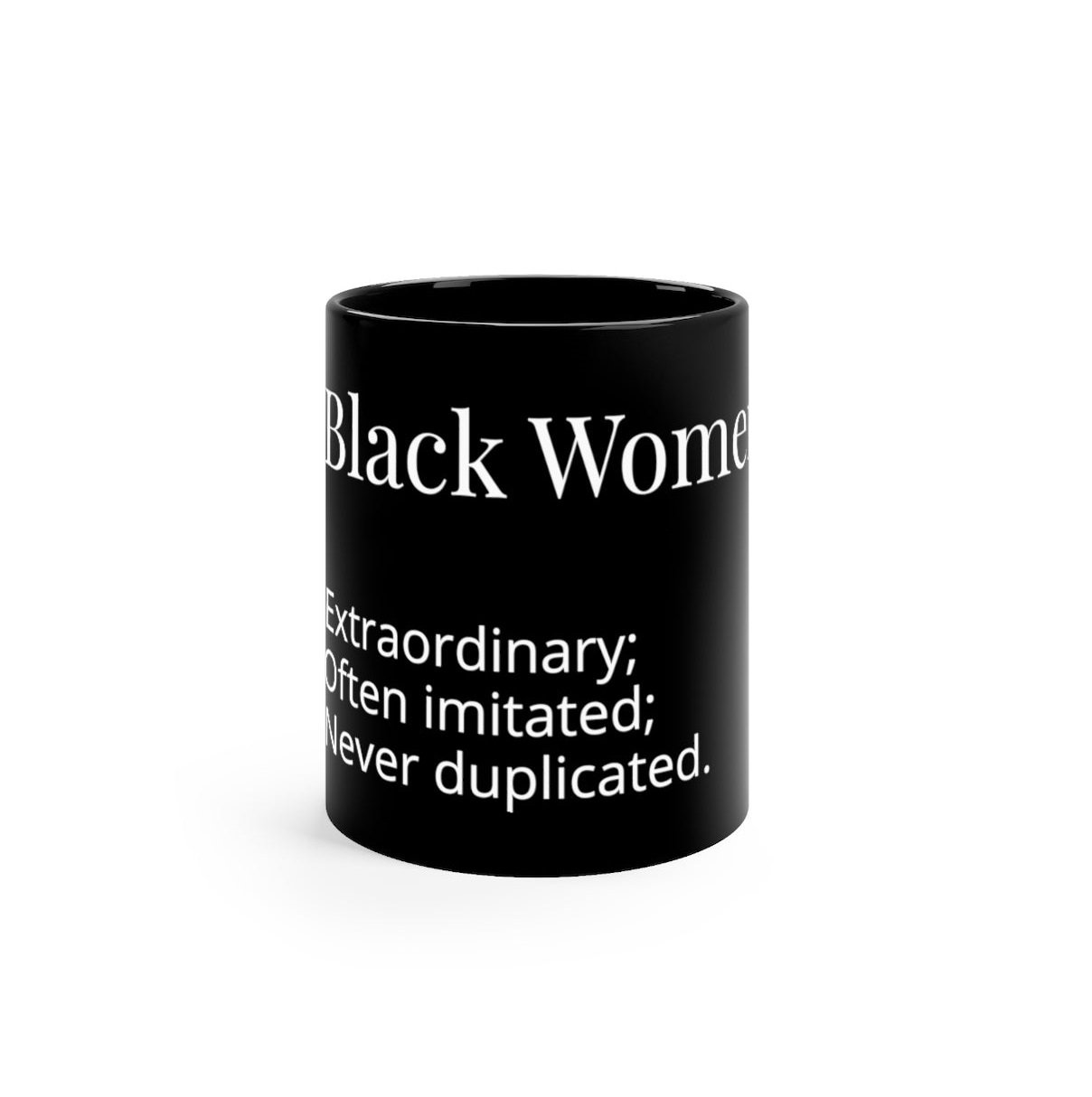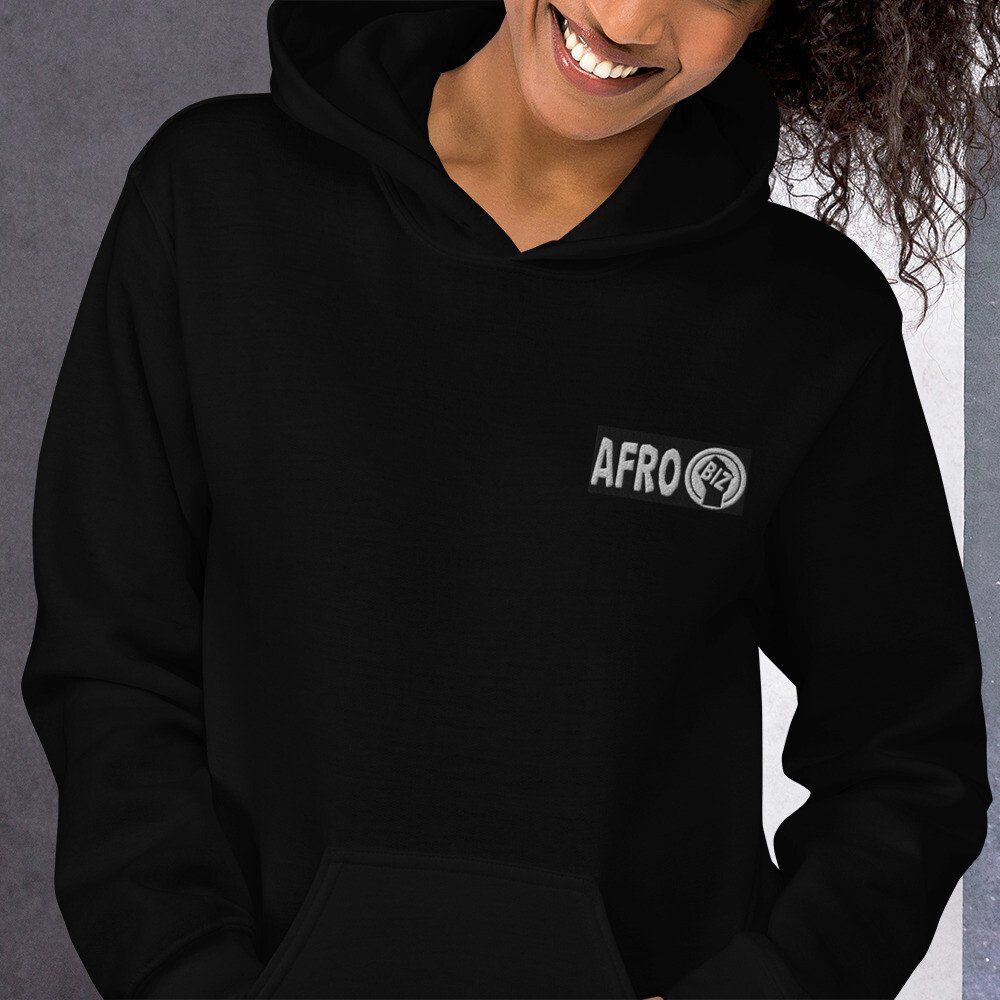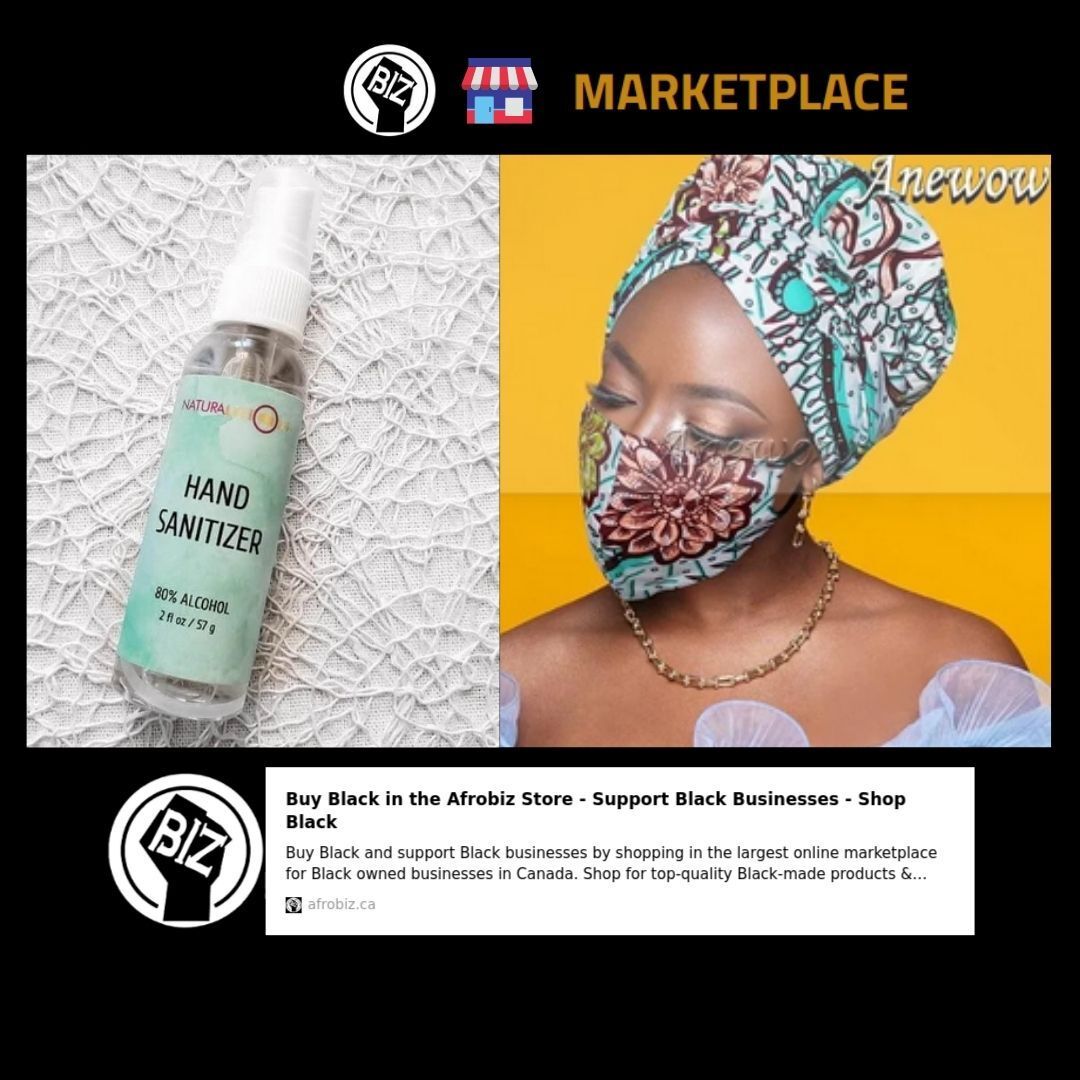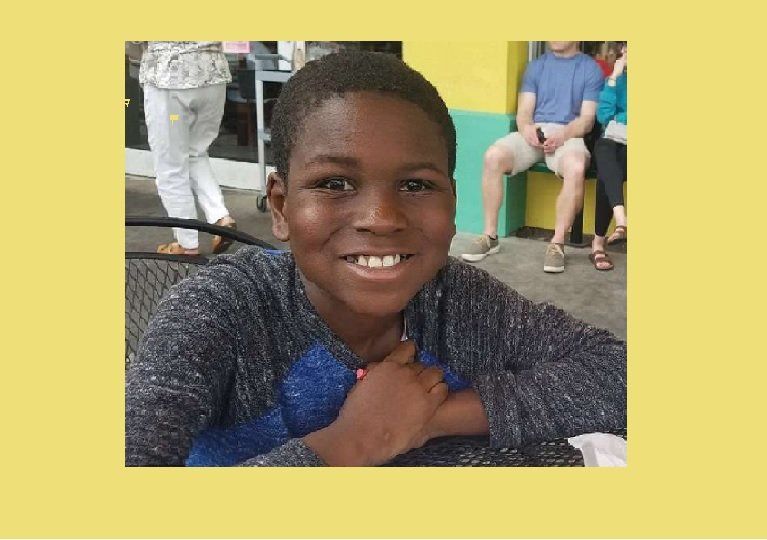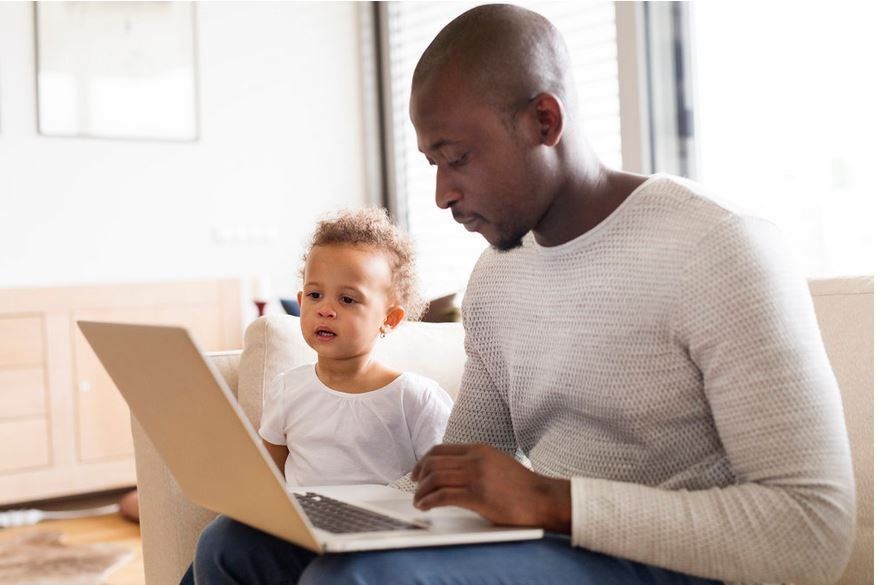How to Heal from Grief Impacted by Racism in 8 Ways
The cyclical realities of the impact of racism, anti-Black racism and other forms of intersectional violence on our health
make breathing seem like a luxury at times. The full blunt impact of racism and other forms of violence echoes heavily in our hearts, our minds, bodies and actions.
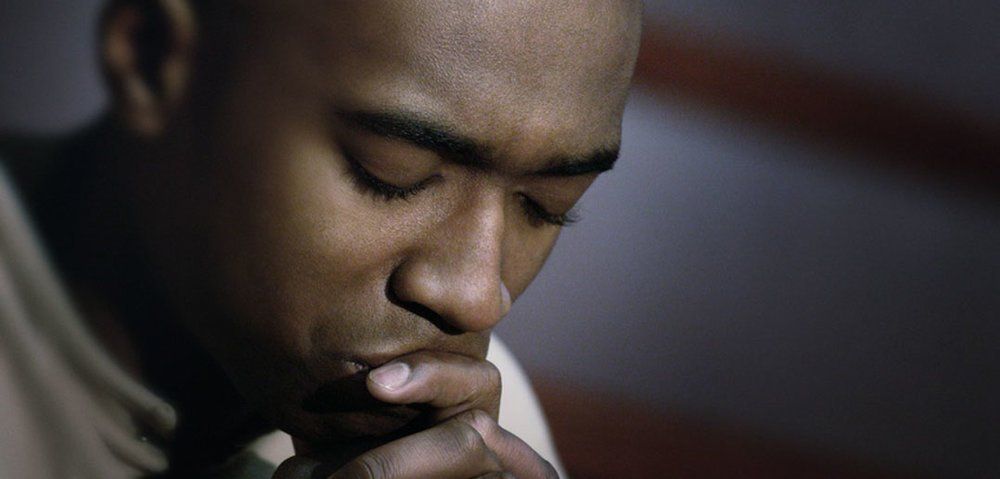
Grief is a direct result of racism and intersectional violence and it affects us physically, emotionally,
financially, spiritually, trans-nationally and trans-generationally. More importantly, not being able to fully engage in our grief is a direct outcome of chronic experiences of racist violence.
Two winters ago, the grandmother of the deceased Colten Boushie told the New York Times: “Even to this day…I hold back on crying.”
Insoluble grief, anti-Black racism and other forms of violence that Black, Indigenous and racialized people deal with can result in chronic prolonged traumatic health issues. These issues can include diabetes, high blood pressure, heart attack, cancer and low birth rates.
Due to anti-Black racism, Black communities’ health issues are often not taken seriously. As a result we are not given adequate and equitable health care services. Often Black community members are re-traumatized as they seek help and support for their health issues.
The cyclical realities of the impact of racism, anti-Black racism and other forms of intersectional violence on our health make breathing seem like a luxury at times. The full blunt impact of racism and other forms of violence echoes heavily in our hearts, our minds, bodies and actions.
Our illnesses are under-researched and under-served. In order to deal with this stress, some opt out of the system entirely, only re-entering during an emergency situation.
Impacts of daily experiences of racism also include depression, anxiety, addictions and post-traumatic stress. But racism is often not discussed in mainstream health circles.
Anti-oppression psychotherapy: A trauma informed model :
As an African/Black woman, anti-violence activist, health researcher, and mental health practitioner, living with a visual disability for over 20 years, I have worked with many community members dealing with health struggles directly related to anti-Black racism and other forms of intersectional violence.
I have discovered that discussions of the daily impact of racism are happening with friends, families, trusted coworkers, in our journals and sometimes in isolation.
To try and help my clients deal with this, I worked with a colleague to develop and practice an innovative model we call anti-oppression psychotherapy (AOP).
AOP addresses the delusion and confusion of trauma in the bodies and minds of the oppressed. It is a resistance and a revolutionary model that grows out of Black feminist and intersectional theories and practices.
AOP examines the impacts and intersections of oppression as they interact together. It interprets issues of racism as acts of trauma and violence to our health and it incorporates resistance strategies and healthy coping mechanisms — to help community members and clients through grief, loss and identity formation.
This model exists because the erasure of our grief, our loss, needs to be known, attended to, cared for and supported — to survive continuous violence, battled daily from generation to generation.
Self and community care is critical to combating the effects of racism and intersectional violence. AOP addresses racism as a health determinant and gives the power to heal back to the communities who are suffering.
How to support your own healing :
Below are eight self-care tips to support you and your loved ones on this cyclical healing journey:
1. Build safe spaces.
- Engage in safe spaces within community, and/or individually — to allow the impact of anti-Black racism and other intersectional violence on your health to be voiced, witnessed, unpacked and reconfigured away from the outside “gaze.” This is critical to the healing process. Keeping trauma in your body stresses your physiological and mental health.
2. Make an ongoing healing plan
- Understand that healing is cyclical and make a plan for when you experience violence again. Healing is flexible, political and deserved. If you need help, seek community members and professionals who practice from an
- intersectional and anti-oppression approach.
3. Create alone time.
- Connect spiritually or environmentally (these could be interchangeable for some) in a space of comfort. This allows re-connection to ancestral knowledges and healing. Community healing circles can be important as can critical expressive arts. Coping strategies can be active but should include silence, meditation and relaxation techniques — to ensure you do not internalize violence.
4. Express emotions and have a physical release.
- Engage in intimacy (or massage) in a safe space — to reconstruct the power and healing possibilities of safe touch and prevent you holding violent materials in your body, mind and soul. Embracing and addressing anger in a safe supportive place can help you find emancipatory ways to deal with trauma. Self-forgiveness and grief are critical to the healing process.
5. Cook and eat nutritious food regularly.
- Eat well to strengthen the immune system, which is needed to fight present and transgenerational trauma. Some form of exercise or movement can also be effective as a tension release.
6. Create community support and information sharing.
- Use social media and old school meet-ups — to access anti-oppression health practitioners and equitable, least harm, health services. This can decrease the sometimes detrimental effects of opting out of the system. If you know a community member is suffering, reach out to them.
7. Make space for transgenerational teachings.
- Allow space for teaching and strategizing. Always listen to your children and Elders and ask questions about their experiences of violence. Offer children unconditional love and support them in their healing process by initiating active solutions or problem solving.
8. Support local and transnational activism.
- Support your local organizers against anti-Black racism and intersectional violence. Actualizing change is empowering and supports the revitalization needed to improve health. However, be aware of the hard work of direct action and address burn out proactively. Take time out or “time in” to do your own healing work. Healing is political.
SOURCE: This article is republished from The Conversation under a Creative Commons license. Read the original article
